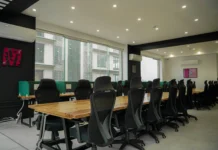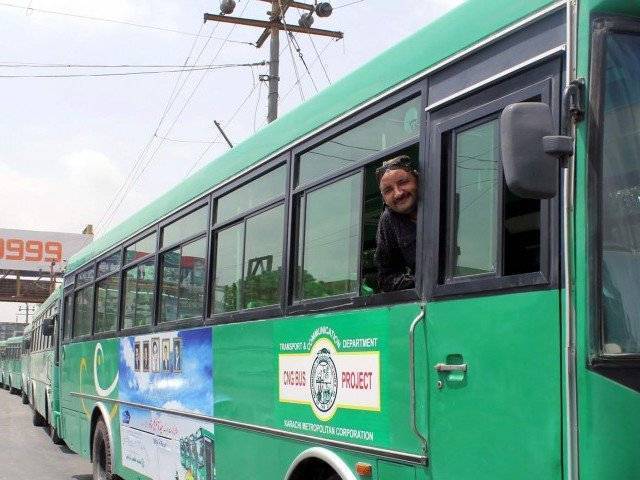Sindh Chief Minister Syed Murad Ali Shah announced on Friday that his government, in collaboration with the World Bank, will develop a comprehensive Karachi Transport Master Plan to tackle the city’s mobility challenges. The plan will integrate various transport modes, including Bus Rapid Transit (BRT) systems, a metro light rail, and the revival of the Karachi Circular Railway, aiming to provide sustainable, modern solutions for the city’s transport woes.
The announcement was made during a meeting at the CM House, attended by a high-level World Bank delegation led by Ibrahim Khalil Zaki, Practice Manager for Transport in the Middle East, North Africa, and Pakistan. The delegation also included transport experts Georges Bianco, Frederico Ferreira, Papa Modou, and Ms. Magalie.
CM Shah emphasized that Karachi needs at least 15,000 buses to meet its daily transport demand, and while BRT corridors are crucial, they should be complemented by metro rail and circular railway systems. He also highlighted Sindh’s efforts to introduce electric buses as part of its climate-friendly initiatives. Zaki assured the World Bank’s full technical and financial support for the Master Plan, which will also include tourist trains, goods trains, and the Karachi Circular Railway.
The meeting also agreed to form a joint working group to finalize the Terms of Reference for transport experts tasked with preparing the Master Plan. The group will consist of members from both the Sindh government and the World Bank, with formal notification expected from the chief secretary.
The Yellow Line BRT project, expected to transform Karachi’s urban mobility, was also discussed. The project, which will stretch 21 kilometers from Dawood Chowrangi to Khalid Bin Waleed Road, is slated to be completed by December 2025. It will include 21 at-grade stations, four underpasses, and eight flyovers, with the capacity to carry 300,000 passengers daily. Progress on the project is ongoing, with various segments, including Depot 1 and Depot 2, making headway.
























